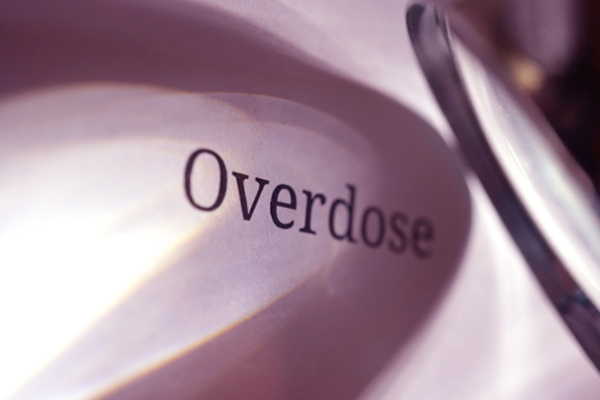The U.S. is currently in the midst of what has been labeled an “opioid overdose epidemic.” The National Institute on Drug Abuse reports that in 2019 alone, nearly 50,000 innocent men and women lost their lives to opioid overdose. Opioid overdoses across the country are largely attributed to heroin laced with fentanyl. However, prescription painkillers like oxycodone, hydrocodone, codeine, and morphine are responsible for an increasing amount of overdose-related deaths. Unfortunately, many of those who had already developed severe opioid dependencies transitioned to heroin — a cheaper and more accessible alternative. Heroin is the driving opioid in the nationwide overdose epidemic. How does overdose occur? According to the U.S. National Library of Medicine,
Opioids affect the part of the brain that regulates breathing. So when people take high doses of opioids, it can lead to an overdose, with the slowing or stopping of breathing and sometimes death.

How Did the Nationwide Opioid Epidemic Become So Severe?
In the 1990s, several major pharmaceutical companies began pushing painkillers, claiming they were safe to use and effective for treating moderate and severe pain-related issues. It was soon discovered, however, that painkillers like OxyContin were extremely habit-forming. As a result, the federal government eventually cracked down on distribution, making painkillers more difficult to obtain without a written prescription. When a person experiences an opioid overdose, they experience severe respiratory depression, which often leads to death when left untreated (and it must be treated immediately). However, this is not the only warning sign to keep an eye out for.
The Signs and Symptoms Associated with an Opioid Overdose
If you believe someone is experiencing an overdose, there are several important steps to take. First of all, call 911 immediately. The more quickly emergency first responders are notified, the more likely they are to reverse the effects of the overdose with Narcan. Next, turn the person over on their side so they do not choke on their vomit, and try as hard as you can to keep them awake. Then, if help is sought in time, most overdoses can be successfully reversed.If you believe that someone you care about has been struggling with an opioid abuse disorder, the first step you can take is encouraging them to receive professional help. Unfortunately, however, there is a chance they refuse the professional help they so clearly need. If they do, it is always a good idea to prepare yourself for the risk of a potential overdose, as scary as that might seem. If you think someone close to you might be experiencing an overdose, there are several signs and symptoms to keep an eye out for, including:
- The limbs go limp.
- The skin is cold and clammy to the touch.
- The person loses consciousness completely or seems to slip in and out of consciousness (also known as nodding out).
- The person’s lips and fingernails turn a bluish/purple color.
- The person starts to make gurgling noises or vomit uncontrollably.
- You attempt to shake the person awake, but they are unresponsive.
- The heart rate slows noticeably.
- The person experiences respiratory depression, and you cannot detect their breath.
Evoke Wellness at Miramar and Opioid Addiction Recovery Program
At Evoke Wellness at Miramar, we have seen the devastation opioid abuse and addiction can cause. Opioid addiction affects people of all demographics, of all ages, and all walks of life. It devastates entire communities, regardless of average income — in short, opioid addiction can happen to anyone.If you or someone you love has been struggling with an opioid abuse disorder of any type of severity, we are available to help. Because addiction is a progressive disease, the associated symptoms will only worsen the longer they are left untreated. What began as occasional painkiller misuse can rapidly progress to heroin addiction in a short matter of months. It is also important to note that opioid-related overdose is not limited to heroin and fentanyl. People struggling with prescription painkiller addiction are also at a high risk of overdose.
Pick Up The Phone to Find Sobriety. TODAY!
This is especially true when painkillers are being combined with other chemical substances, like benzodiazepines or alcohol. If you or someone you love has experienced an overdose in the past and has continued to use opioids despite this, professional treatment is necessary. If you would like to learn more about our opioid detox and addiction treatment programs, or if you would like to learn more about the resources available to help someone experiencing an overdose, contact us today.


